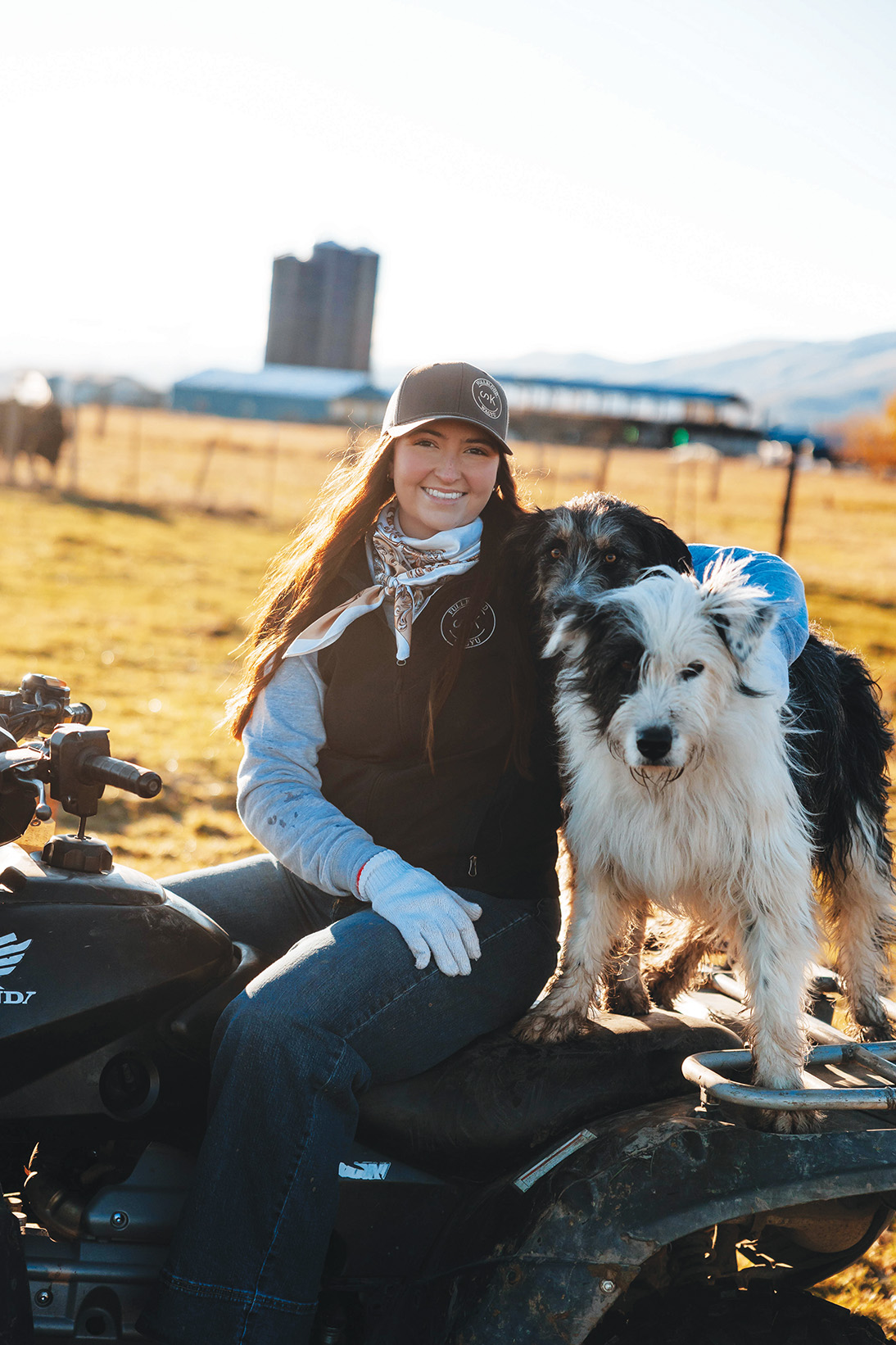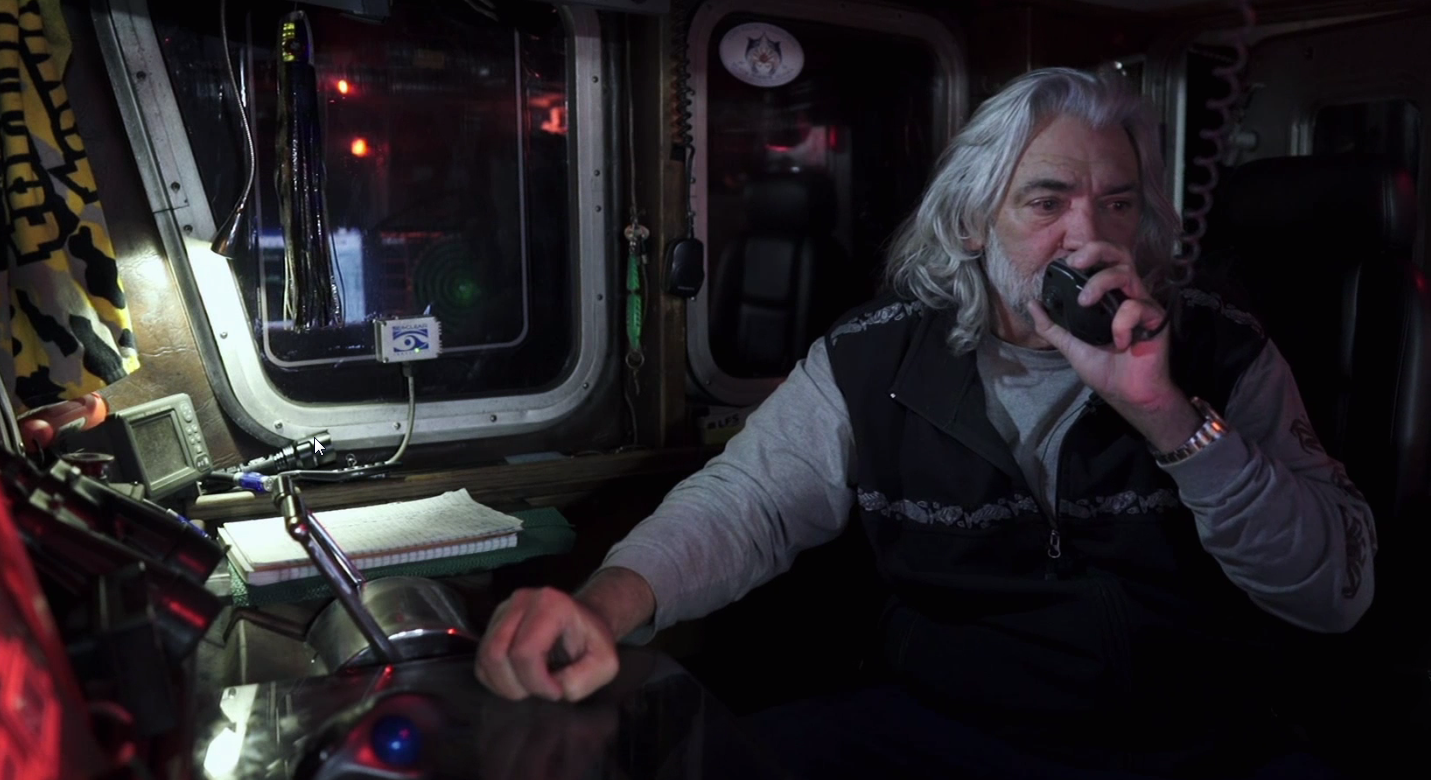EDITORIAL: Salt can be a key ingredient in keeping freeway open
Published 12:15 pm Wednesday, December 14, 2022
The sequence of events has become depressingly predictable. Snow falls. Interstate 84 closes somewhere between Pendleton and Ontario — and frequently over the entire 160-mile stretch as parking space for commercial trucks reaches capacity in Baker City and La Grande.
Trending
Sometimes this foul recipe doesn’t even require snow.
Freezing temperatures — hardly a rarity in the Blue Mountains from fall through spring — can lead to patches of ice that are as problematic as a blizzard.
Dakota Castets-Didier, a reporter for the East Oregonian, which like the Baker City Herald is owned by EO Media Group, reported recently that I-84 was closed for two hours or longer about 35 times in 2021-22 — more than three times as often as the previous winter.
Trending
Ken Patterson, regional manager for the Oregon Department of Transportation (ODOT), told Castets-Didier that one factor was the culprit in the vast majority of those closures.
“Unchained vehicles.”
More specifically, commercial trucks trying to negotiate the steep grades and corners of the freeway through the Blue Mountains without wrapping chains around their drive wheels, including when chains are required under state law.
Truck-trailer combinations are a notable problem due to their size — it only takes one to block both lanes in one direction.
And there are plenty of opportunities for blockages, since ODOT estimates that almost half the 9,800 or so vehicles that travel the freeway daily between Pendleton and La Grande are commercial trucks.
Putting on chains, especially for a big rig, can be a time-consuming task, to be sure.
But ODOT has made it easier than it used to be, including by building specific chain-up zones.
The Oregon Legislature also tried to discourage drivers from flouting the chain law by doubling the fine, to $880, in 2021.
Patterson said compliance rates typically rise when drivers know Oregon State Police will be enforcing the chain law at a particular place.
“The compliance goes way up because word gets out on the radio,” he said.
But OSP can’t thoroughly cover 160 miles of freeway. And again, it takes only one unchained truck jackknifing, out of the hundreds likely to be on the road at any time, to close the freeway for many hours.
Given the limitations of the chain law, another tool at the state’s disposal becomes even more useful, potentially.
That’s rock salt.
This is the sixth winter ODOT has had salt available to help melt snow and ice on the freeway. Salt also makes snowplows more effective, since the substance can prevent ice from forming and allow plows to clean the pavement more thoroughly.
“Salt has been a good tool for us,” Patterson told reporter Dick Mason of The Observer in La Grande, another EO Media Group paper. “Roads are now open more frequently because of it.”
But the freeway still closes more often than it should — and much more often than it did in past winters despite similar weather.
Salt has downsides, of course.
It can accelerate rust on cars whose owners don’t clean the undercarriage occasionally.
And salt can potentially pollute streams.
Nonetheless, ODOT not only should continue to deploy salt, but the agency should consider expanding its use in appropriate conditions.
Unless and until truck drivers act responsibly and put on chains when they should, salt, and its capacity to prevent the conditions that trip up unchained trucks, has the potential to reverse the troubling trend that has made freeway closures a near cliché.









